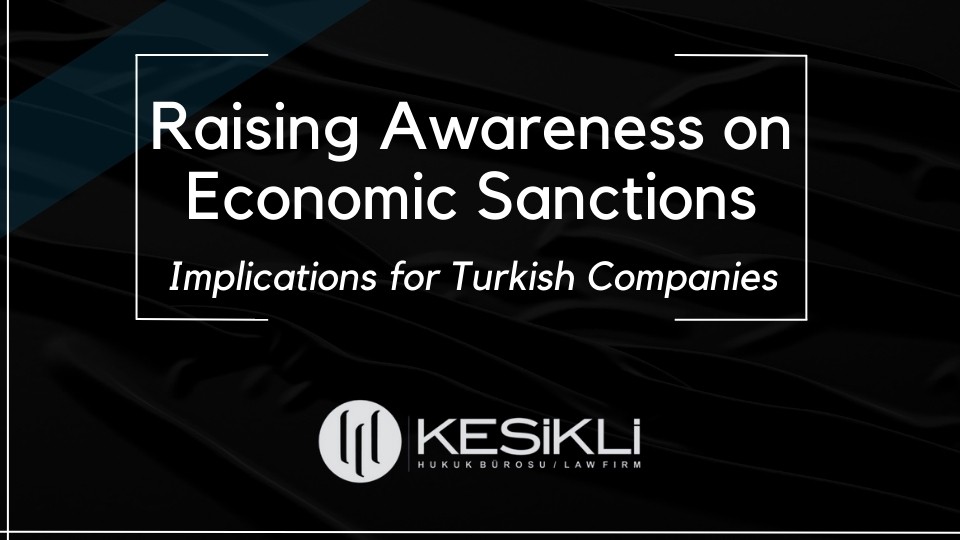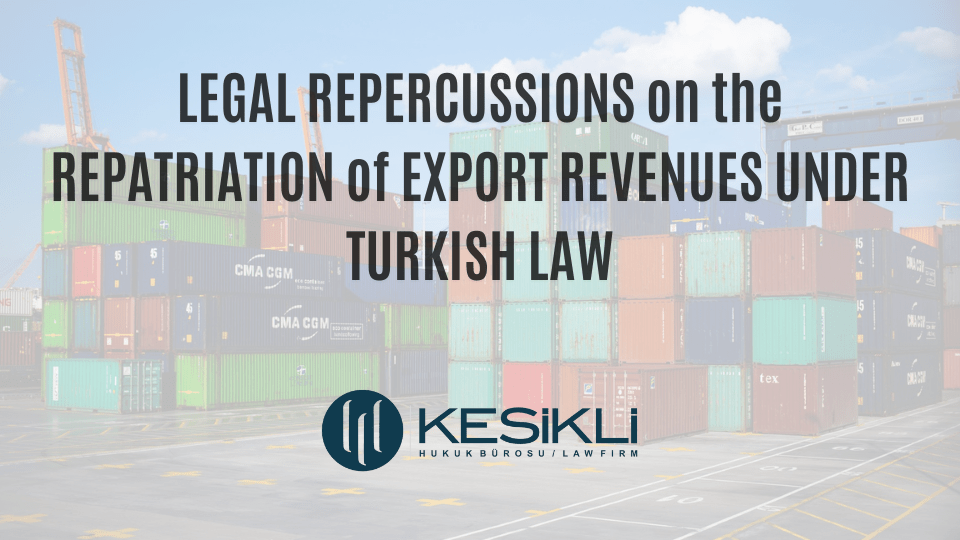International commercial arbitration emerged as a privileged alternative dispute resolution mechanism over the years, besides traditional litigation. While arbitration is arguably regarded as a cost effective option due to its aim to minimize parties' losses in the broader picture, this is not the case in all arbitral proceedings. In certain cases, a party to arbitration may be in a state of economic weakness and may not be able to finance the costs of arbitral proceedings. In such circumstances, the validity of the arbitration agreement can be challenged. Whether such a challenge should be accepted or not is debated among lawyers and is universally controversial. As well known, unlike the court litigation, there is not a legal financial aid mechanism in international arbitration. Nonetheless, in the last decade, a relatively new practice known as "third-party funding" has emerged in international investment arbitration and started to be applied in commercial arbitration as well. This new funding method, amongst other benefits, also provides a solution to the economic weakness situation and a chance to keep the arbitration agreement standing in the face of the legal debate about the validity by avoiding it.
Cost of Arbitration
Under Turkish International Arbitration Act (IAA-Nr. 4686) ("Turkish International Arbitration Act"), the rules applicable to the cost of arbitration are determined in article 16/B and includes; 1. the fees of the arbitrators; 2. the arbitrators' travel and other expenses; 3. the fees paid to the experts, and to the other persons whose assistance is sought and who are, collectively, appointed by the arbitral tribunal, and the costs for the site inspection; 4. the witnesses' travel and other expenses to the extent approved by the arbitral tribunal; 5. if he is represented by an attorney at law, the successful party's attorney fees, which are calculated by taking into account the minimum fee schedule, subject to the arbitral tribunal's approval; 6. the charges to be made for the applications under Turkish International Arbitration Act, to the courts; 7. the notification expenses concerning the arbitral proceedings.' In the same article, it is stated that "unless otherwise agreed by the parties, the costs of proceedings shall be borne by the unsuccessful party and in the case of partial success, the costs shall be apportioned among the parties according to their degree of justifications".
On the other hand, advance and security for the costs are two essential elements to point out. These commonly used terms need to be distinguished due to the possible impacts of such differentiation: The security for costs is usually requested by a party and is aimed to prevent the loss of such party, while advance is the deposit requested by the arbitral tribunal from the claimant for the arbitration costs before the beginning of arbitration proceedings. Advance is generally regulated in the institutional and national rules since it protects the arbitrators and the institutions from possible losses, while the request for security is regarded as an interim measure, and decisions related to it are highly controversial depending on the rules they refer to. Under Turkish Law, the failure to pay the advance has severe consequences, as declared in paragraph C of Article 16 of the Turkish International Arbitration Act: '...If the advance is not paid within the period determined in an arbitral decision, the arbitral tribunal may suspend the proceedings. If the advance is paid within thirty days from the notification to the parties of the suspension, the arbitral proceedings shall be continued; otherwise, the arbitration shall come to an end.' Furthermore, as there is no legal aid provided for international commercial arbitration under Turkish Law, in a case of economic weakness of a party, such party may not be able to afford bringing the case before the arbitrators due to lack of sufficient funds. This begs the question: what should happen in such instances?
Economic Weakness of a Party
Relying on the economic weakness of a party to an arbitration agreement, requires such economical weakness to be existing at the time of the dispute, not at the time of the conclusion of the arbitration agreement. At this point, we should answer the following questions: 1. When should a party to arbitration be deemed economically weak? If yes, does this situation affect the validity of an arbitration agreement? 2. Who will decide on this matter?
The access to justice and "pacta sunt servanda" assertions need to be explained to answer the first part. Many national arbitration laws include provisions regarding the jurisdiction of national courts faced with an arbitration agreement. Similarly, under Article 5 of Turkish International Arbitration Act, it is pointed as: 'If an action is brought before the court in a matter, which is the subject of an arbitration agreement, the respondent may make an objection as to the arbitration. The acceptance [or denial by the court] of that objection and disputes concerning the validity of the arbitration agreement are subject to the provisions of the Code of Civil Procedure concerning initial objections. If such objection is accepted, then the court shall dismiss the action on procedural grounds….' Thus, what will happen if an advance is requested during the arbitral proceedings and the party is unable to pay due to economic weakness? Such party will not be able to proceed with arbitration due to Article 16 of the Act (it is worth underlining that there are similar provisions in other national arbitration laws), and will not be able to bring his/her claim before the national courts due to lack of jurisdiction. This situation would deprive the weak party to access to justice, that is called "denial of justice". Also, the lack of access to justice is qualified as a breach of the "right to a fair trial" which is one of the basic human rights protected by the European Convention on Human Rights. One can defend that the right to a fair trial must be viewed as more important than "pacta sunt servanda" which is, on the other hand, one of the basic principles of lex mercatoria.
Article II / 3 of the New York Convention on Recognition and Enforcement of Foreign Arbitral Awards states that: “The court of a Contracting State, when seized of an action in a matter in respect of which the parties have made an agreement within the meaning of this article, shall, at the request of one of the parties, refer the parties to arbitration, unless it finds that the said agreement is null and void, inoperative or incapable of being performed.” Likewise, UNCITRAL article 8 is as follows: "A court before which an action is brought in a matter which is the subject of an arbitration agreement shall, if a party so requests not later than when submitting his first statement on the substance of the dispute, refer the parties to arbitration unless it finds that the agreement is null and void, inoperative or incapable of being performed." This challenge of validity also depends on the national legislations and interpretation of the Law. If a state court decides that the economic weakness is a reason for an agreement to be accepted as 'incapable of being performed' then it will deem the agreement invalid.
France, for instance, accepts that there is a potential lack of access to justice but argues that the decision determining the access to the justice must be taken by the arbitrators instead of national courts. Germany and Portugal on the other hand empower their national courts to decide on that. Under English Law, for example, economic weakness is not accepted as a reason for invalidity. There is not any case law on this subject under Turkish Law. Thus, the situation remains unclear.
According to the "pacta sunt servanda" principle, the arbitration agreement should be held valid, as the main reason parties prefer international commercial arbitration is to avoid national courts. If a party is forced to resolve the dispute in the national courts due to another party's economic weakness, then the trust for the arbitration system will drastically decrease. Further, if the invalidity is accepted, the argument of economic weakness can be misused with malice to avoid international arbitration and refer to the more favorable national rules.
In summary, the lack of access to justice would be a reason that makes an arbitration agreement invalid. It is important to note that Turkish International Arbitration Act does not include a rule similar to UNCITRAL article 8. There is no consensus on whether the exclusion of such clauses (as null and void, inoperative or incapable of being performed) leads to the conclusion that the Turkish Court shall refer the parties to arbitration or rule on invalidity of the arbitration agreement. At this point, the question of who decides on validity arises, the answer of which highly depends on the interpretation of the competence-competence rule, national legislations, and the particulars of each specific case.\ \ @Ömer Kesikli
Let's Get Connected!



